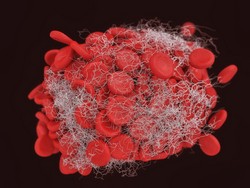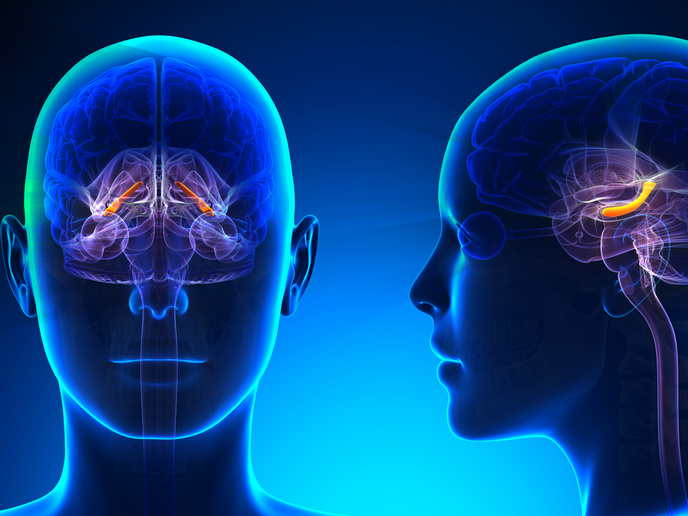The importance of binding body proteins
TGs are involved in producing stable structures such as blood clots, skin and hair. The molecular mechanisms behind the occurrence of disease when TG production is deregulated are largely unknown. The EU-funded project TRANSPATH (Transglutaminase in disease: A novel therapeutic target?) investigated TG-related human disease and facilitated transfer of knowledge between seven academic and five commercial partners. This consortium aimed to establish the molecular role of TGs to develop appropriate inhibitors and therapies. The extracellular matrix is a crucial structural and functional element in the space between animal cells. Project scientists developed working models and identified the factors that determine the positioning of TG at the cell surface and the effects of this on matrix assembly. As TG is a possible target for therapy against highly malignant tumours, researchers also developed new compounds and antibodies that would interfere with its action. Neurodegenerative diseases have a high social and economic cost. Recent research revealed unusually high levels of TGs in people with the neurological syndrome Huntington's disease. The team investigated the role of the enzyme in the pathogenesis of Huntington's, the infiltration and migration of monocytes as well as inflammation in multiple sclerosis. Coeliac disease is highly debilitating and the only available therapy is a gluten-free diet. Targeted therapy would mean the end to very difficult restrictions in lifestyle for coeliac patients. Scientists studied the role of TG in the small bowel damage caused by dietary gliadin. Therapeutic solutions to diseases covered by the project would mean cuts in cost of health care and substantial increases in the level of comfort for patients. Project work also provided an opportunity to initiate and develop a cross-sectorial training network for highly skilled researchers in the European biotech industry.







